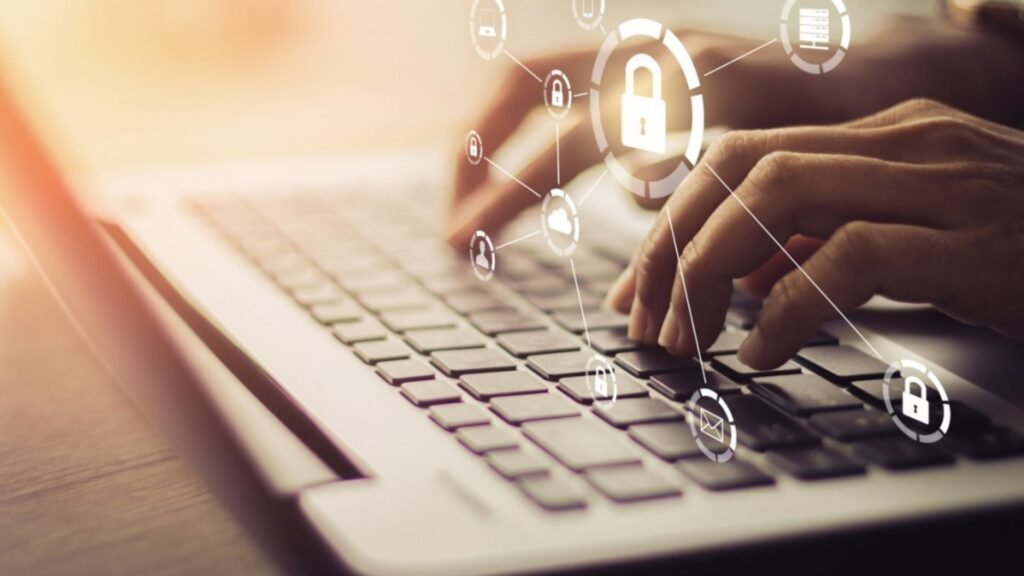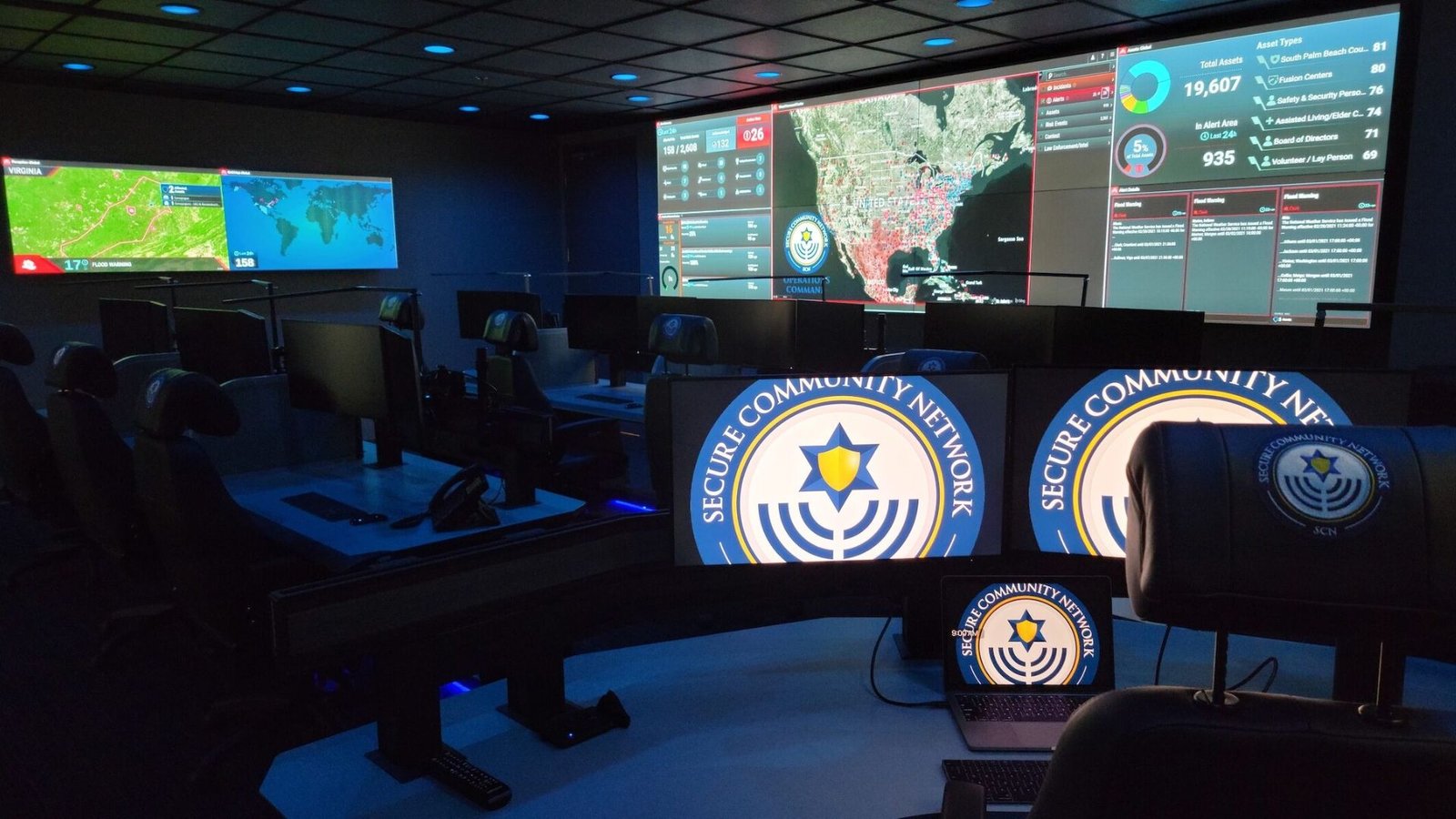n today’s digital age, cybersecurity is crucial for all organizations, including those within the Jewish community. Jewish organizations, from synagogues and schools to cultural institutions and charities, manage sensitive data and valuable cultural assets that must be safeguarded against cyber threats. Implementing robust cybersecurity measures is essential to protect these assets and ensure the continuity of their vital work.

Understanding the Risks
Jewish organizations face various cybersecurity risks, including data breaches, ransomware attacks, and phishing scams. These threats can compromise sensitive information such as donor records, personal details of community members, and historical documents. Cyberattacks not only pose financial and operational risks but also threaten the privacy and safety of individuals connected to these organizations.
Key Cybersecurity Measures
To protect their assets, Jewish organizations should adopt several key cybersecurity measures:
- Strong Password Policies: Implementing strong password policies is fundamental to safeguarding access to digital systems. Encourage the use of complex passwords and consider implementing multi-factor authentication to add an extra layer of security.
- Regular Software Updates: Keeping software and systems up to date is crucial for protecting against vulnerabilities. Regular updates and patches help defend against known exploits and emerging threats.
- Data Encryption: Encrypting sensitive data ensures that even if information is intercepted or accessed without authorization, it remains unreadable and secure. Implement encryption for data at rest and in transit.
- Employee Training: Training staff and volunteers on cybersecurity best practices is essential. Educate them about recognizing phishing attempts, handling sensitive data, and responding to potential security incidents.
- Backup and Recovery Plans: Regularly backing up important data and having a robust recovery plan in place can mitigate the impact of a cyberattack. Ensure backups are stored securely and can be quickly restored if needed.
- Network Security: Implement firewalls, intrusion detection systems, and other network security measures to protect against unauthorized access and malicious activities. Regularly monitor network traffic for suspicious activities.
- Incident Response Plan: Develop and maintain an incident response plan to address and manage cybersecurity incidents effectively. This plan should outline steps for detecting, responding to, and recovering from cyberattacks.
Protecting Cultural and Religious Assets
Jewish organizations often manage unique cultural and religious assets, including historical records, religious texts, and artifacts. Protecting these assets requires special attention:
- Digital Preservation: Implement digital preservation strategies to ensure the long-term protection and accessibility of valuable digital records and artifacts.
- Access Controls: Restrict access to sensitive cultural and religious materials to authorized personnel only. Use digital rights management tools to control and monitor access.
- Physical Security: While focusing on digital security, do not neglect physical security. Protect physical assets from theft, damage, or unauthorized access.
Collaborating with Experts
Given the complexity of cybersecurity, Jewish organizations may benefit from collaborating with cybersecurity experts and consultants. These professionals can provide tailored advice, conduct security assessments, and help implement effective security measures.
Staying Informed
Cybersecurity is a rapidly evolving field, with new threats and technologies emerging regularly. Stay informed about the latest cybersecurity trends, threats, and best practices to continuously adapt and strengthen security measures.
Conclusion
Cybersecurity is essential for Jewish organizations to protect their religious and cultural assets from cyber threats. By implementing strong security measures, training staff, and staying informed, these organizations can safeguard their valuable data and ensure their continued ability to serve the community effectively. As cyber threats evolve, ongoing vigilance and adaptation will be key to maintaining a robust defense against potential attacks.




